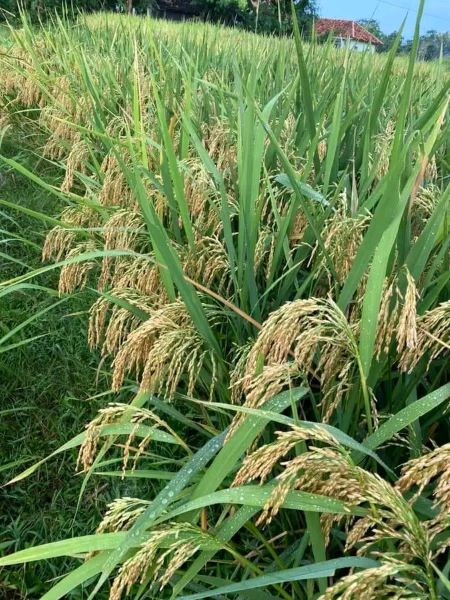Enhanced crops, such as genetically modified organisms (GMOs), improved hybrids, and other advanced agricultural technologies, bring significant benefits to Africa’s agricultural sector.
By examining examples from advanced countries, we can identify specific ways these crops could improve food security, economic growth, and sustainability.
- Increased Yield and Food Security
- Example: In the United States, genetically modified (GM) corn and soybeans have significantly boosted yields by being resistant to pests and more tolerant to herbicides. With higher yields per acre, farmers can produce more food on less land.
- Potential in Africa: African farmers could benefit from drought-tolerant maize and pest-resistant crops, especially in arid and semi-arid regions. In countries like Kenya, drought-tolerant maize varieties have already shown promise in enhancing food security, as they are more resilient to changing weather patterns.
- Reduction in Pesticide Use
- Example: In Brazil, GM soybeans have been engineered to resist specific pests, reducing the need for chemical pesticides. This not only lowers input costs but also decreases environmental pollution and potential health risks to farmers.
- Potential in Africa: By using insect-resistant crops, African countries could reduce dependence on costly pesticides, protecting both the environment and farmers’ health. For instance, Bt cotton, which is resistant to certain pests, has been trialed in Nigeria and Burkina Faso with positive outcomes, allowing farmers to minimize pesticide applications.
- Enhanced Nutritional Content
- Example: “Golden Rice,” developed in countries like the Philippines, is biofortified with Vitamin A, addressing malnutrition by providing essential nutrients that are often lacking in local diets.
- Potential in Africa: Enhanced crops could help combat malnutrition in Africa. For example, biofortified crops like Vitamin A-rich sweet potatoes are already being introduced in Uganda and other parts of Africa. These nutrient-dense crops can improve health outcomes, particularly for children and pregnant women.
- Climate Resilience
- Example: Australian farmers have adopted wheat varieties more tolerant to heat and drought, helping maintain production levels even during extreme weather events.
- Potential in Africa: Africa’s reliance on rain-fed agriculture makes it vulnerable to climate variability. Climate-resilient crop varieties, such as drought-resistant millet and sorghum, are crucial for maintaining stable food production. Regions like the Sahel, facing frequent droughts, could benefit from these resilient crops to ensure a steady food supply.
- Economic Opportunities and Export Potential
- Example: The adoption of GM crops in countries like Argentina has made them a leading global exporter of soybeans, creating new economic opportunities for farmers and supporting rural economies.
- Potential in Africa: Enhanced crops could open up export markets for African countries. For instance, Egypt has experimented with pest-resistant cotton varieties that align with global standards, potentially boosting the competitiveness of African cotton in international markets.
Enhanced crops provide not only immediate agricultural benefits but also serve as a foundation for more resilient food systems and economic growth across Africa. By adopting lessons from advanced countries, Africa can create a more sustainable, productive agricultural sector.


